If you want to move through the water with less effort and more speed, an underwater scooter can be a game changer. The right model helps you build stamina, refine body position, and expand your training beyond the lane lines. Below is a clear guide to how an underwater scooter supports faster swimming, what features truly matter, and which accessories complete a smart purchase so you get real performance benefits from day one.
How an underwater scooter helps you swim faster
An underwater scooter is a handheld, battery powered propulsion device that pulls you forward so you can focus on streamlining and technique. By letting the scooter carry part of the workload, you can rehearse fast body positions repeatedly without burning out. This trains your brain and muscles to lock in the feeling of speed. It also keeps you moving between drills, building aerobic volume efficiently without trashing your shoulders.
For open water swimmers and triathletes, an underwater scooter makes course familiarization safer and faster. You can scout currents, practice sighting while moving at pace, and stick with a pod more easily during training.
Key features to look for
Speed and thrust
Look for a clear speed rating in miles per hour or meters per second. Recreational ranges often sit around 2 to 3 mph, while advanced models push higher. A higher thrust rating helps when you are towing gear or fighting current.
Battery life and swappability
Aim for at least 30 to 60 minutes of continuous use. If you plan long pool sets or open water sessions, choose a model with removable batteries so you can swap packs between intervals.
Weight and buoyancy
The scooter should feel neutral or slightly buoyant in the water to reduce wrist fatigue. On land, lighter is better if you are walking to a beach entry or hauling it to the pool.
Speed modes
Multiple speed levels let you dial in the exact assistance you need for drills, recovery, or long aerobic work.
Safety and controls
Simple triggers, a safety lock, and auto shutoff if you release the handles help prevent mishaps. A visible battery indicator keeps you from getting stranded.
Depth rating
Pool only swimmers can choose shallower ratings. If you dive and snorkel, confirm the depth spec matches your plans.
Mounts and accessories
A GoPro style mount is handy for technique video. Wrist leashes, carry straps, nose clips, and a compact pump or microfiber towel round out a practical kit.
Recommended: Top Underwater Scooters Under $500 (2025 Guide)
Recommended use cases and picks
Pool technique and speed feel
Choose a compact underwater scooter with two or three speed modes and a neutral buoyancy design. You want quick starts, easy handling, and about 45 minutes of runtime. Pair it with a snorkel and short fins to isolate body line and kick timing while the scooter handles forward motion.
Open water endurance and current practice
Seek a model with higher thrust, swappable batteries, and rugged seals. A top speed near 3 mph keeps you progressing against mild chop and lets you cover real distance during recon swims. Add a bright tow float for visibility and stash a spare battery in a dry bag if conditions allow.
Family and travel friendly fun
If your goal is shared sessions and easy transport, prioritize weight, foldable handles, and airline compliant battery options. Having a slower beginner mode makes it safe for new users while still offering a faster level for workouts.
Training blocks you can try this week
Pool body line primer
Warm up 300 easy, then do 6 by 25 streamlined scooter glides focusing on a tight core and relaxed head. Follow with 8 by 25 fast kicks on your side while the scooter pulls lightly. Finish with 4 by 50 swim at moderate pace without the scooter to transfer the fast feel.
Open water tempo feel
Ten minute easy cruise on low assist to settle breathing. Then three cycles of four minutes moderate on medium assist and one minute easy. Use the scooter to maintain a consistent line and steady cadence while you practice sighting every six strokes.
Technique video session
Mount an action camera. Perform three 25s in the pool with scooter assist focusing on head position, then three 25s without assist. Review footage between rounds and correct one cue at a time such as hand entry or hip rotation.
Safety and etiquette
Check pool rules before bringing an underwater scooter. Many facilities allow them during off peak hours or in designated lanes when used responsibly. Keep speeds controlled, yield to lap swimmers, and avoid creating wake near children or lesson groups. In open water, wear a bright cap and tow float, stay within your comfort zone, and keep an eye on battery level and weather. Rinse the scooter with fresh water after use and dry the seals before storage.
Care and maintenance that extends performance
Rinse after every session, especially after salt or chlorinated water. Inspect the prop guard and intake for hair or debris. Keep O rings lightly lubricated with manufacturer approved silicone grease and confirm a clean seal before each session. Store batteries around half charge if you will not use the scooter for a few weeks. These small habits preserve thrust, runtime, and reliability.
ASIWO MANTA underwater scooter
The ASIWO MANTA is a sleek and powerful underwater scooter designed for swimmers who want both speed and control.
With its dual-motor system, it delivers smooth, adjustable propulsion that lets you glide effortlessly through the water while refining your technique. Its lightweight, ergonomic design ensures easy handling in both pool and open water environments.
The ASIWO MANTA’s long battery life and quick recharge time make it perfect for extended swim sessions or underwater exploration, giving swimmers the freedom to focus on performance and fun.

→ Asiwo Manta
FAQs
Will an underwater scooter make me a faster swimmer
Used correctly, it improves your body position awareness and lets you rehearse speed more often. Pair assisted drills with unassisted swims so the feel of fast water carries over to your normal sets.
Can I use it for kick training
Yes. Set a low assist level and focus on steady, compact kicks while maintaining a straight line. This builds rhythm without overloading your legs.
What speed should I choose
If you are working on technique, choose the lowest mode that keeps you moving. If you are covering distance outside, use medium to hold a consistent tempo without spiking your heart rate.
The bottom line
A thoughtfully chosen underwater scooter is more than a toy. It is a practical training tool that helps you hold a faster shape for longer, rack up quality volume with less strain, and build confidence in open water. Prioritize speed control, battery flexibility, safety features, and a comfortable in water feel. Add a few smart accessories and a simple training plan and you will turn underwater scooter assistance into real world swim speed where it matters most.
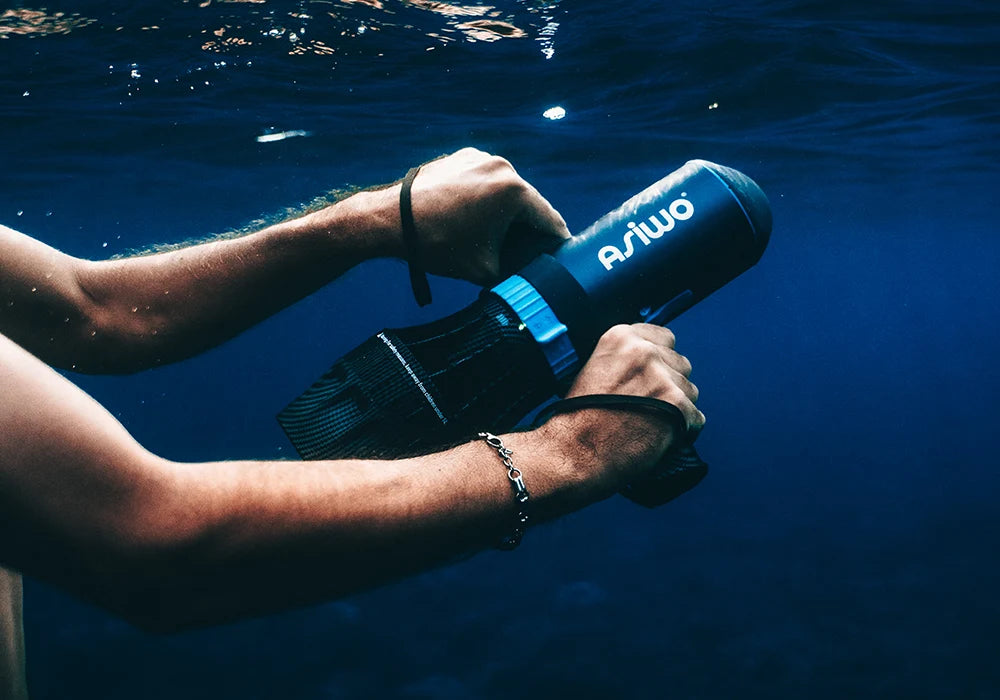




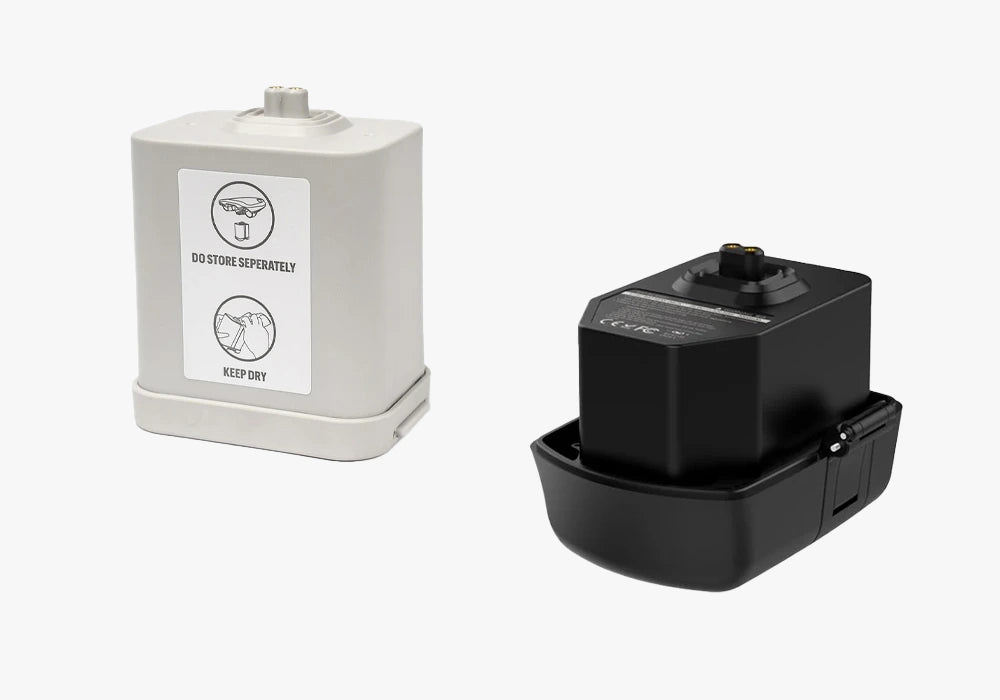




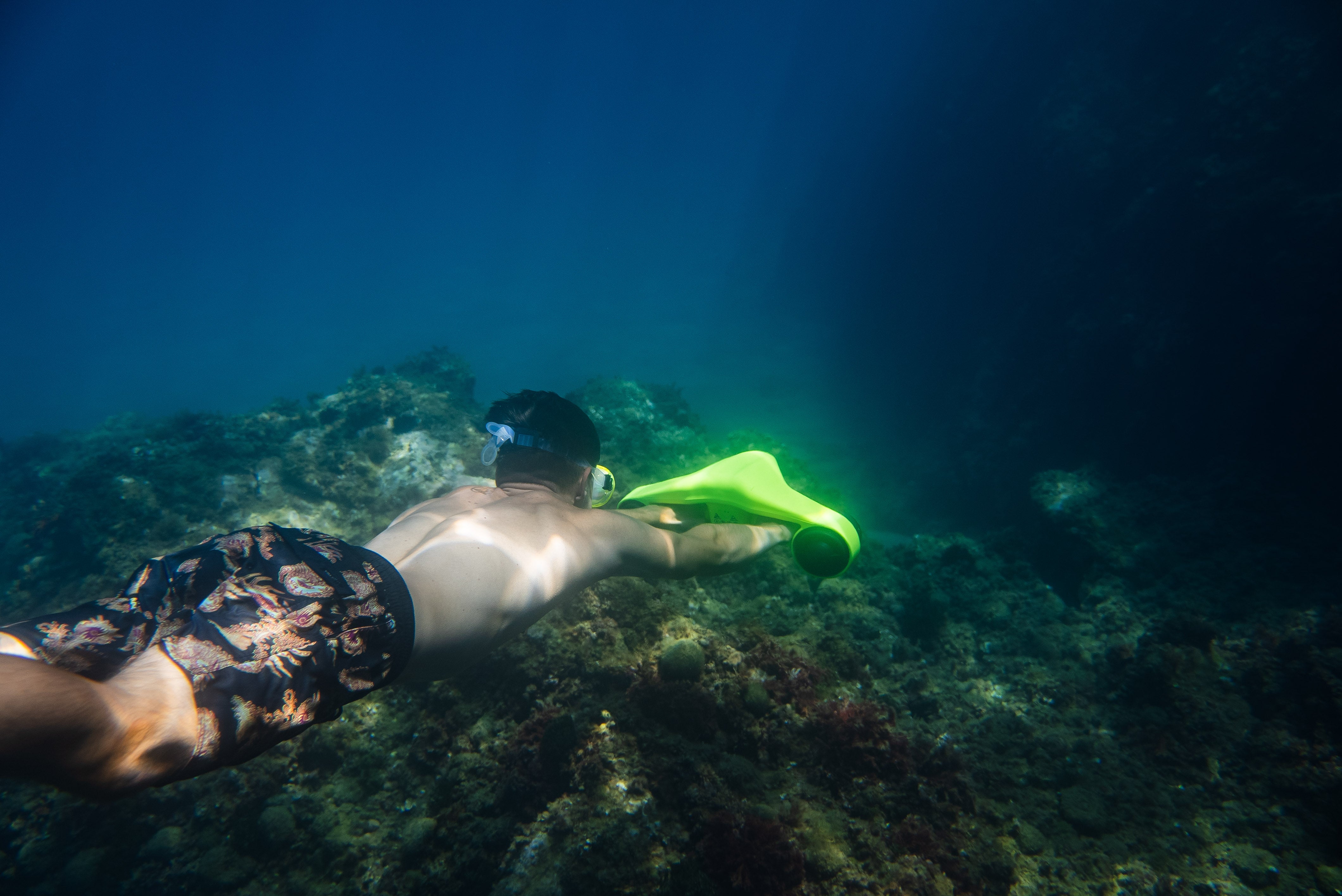
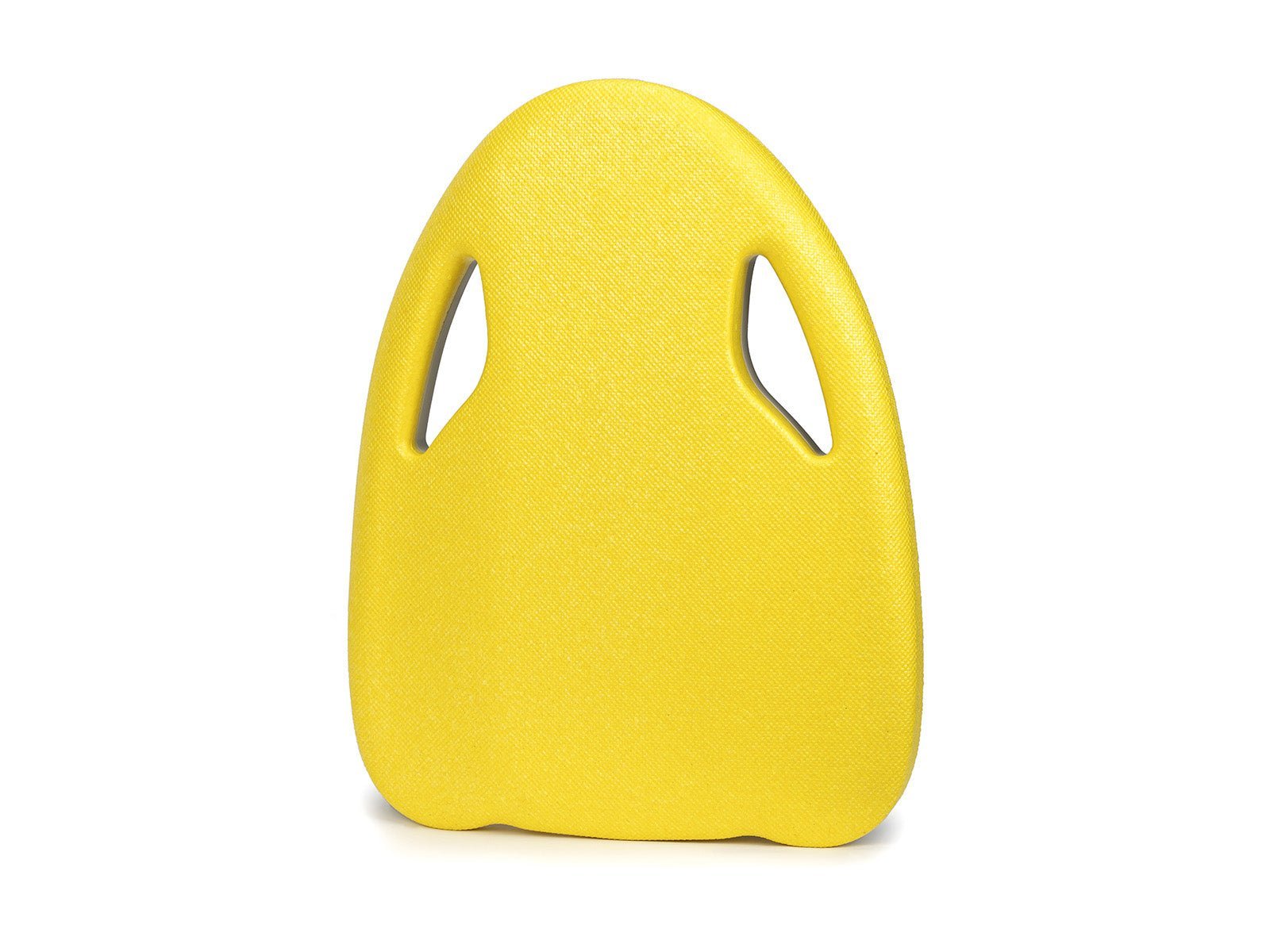
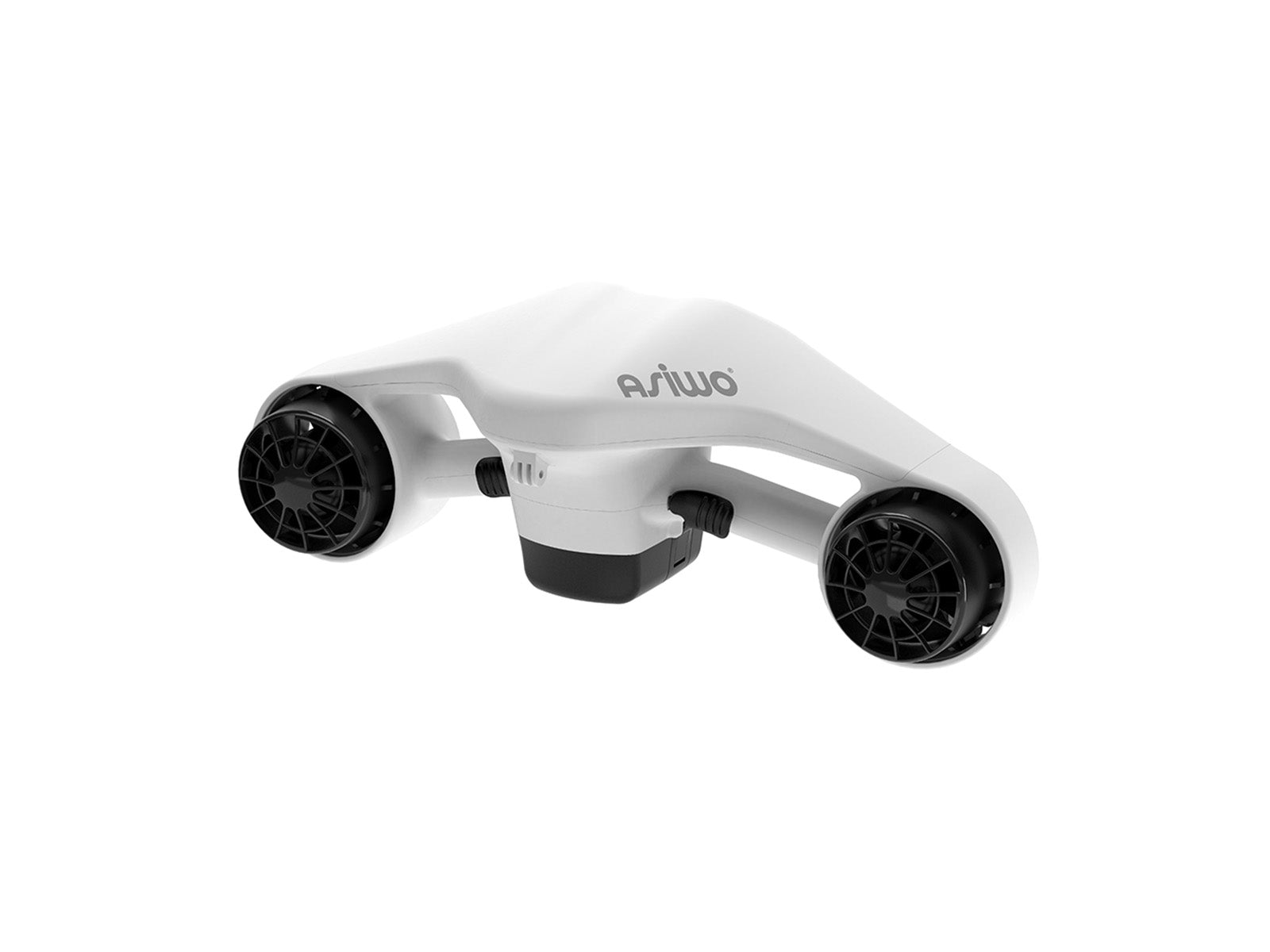
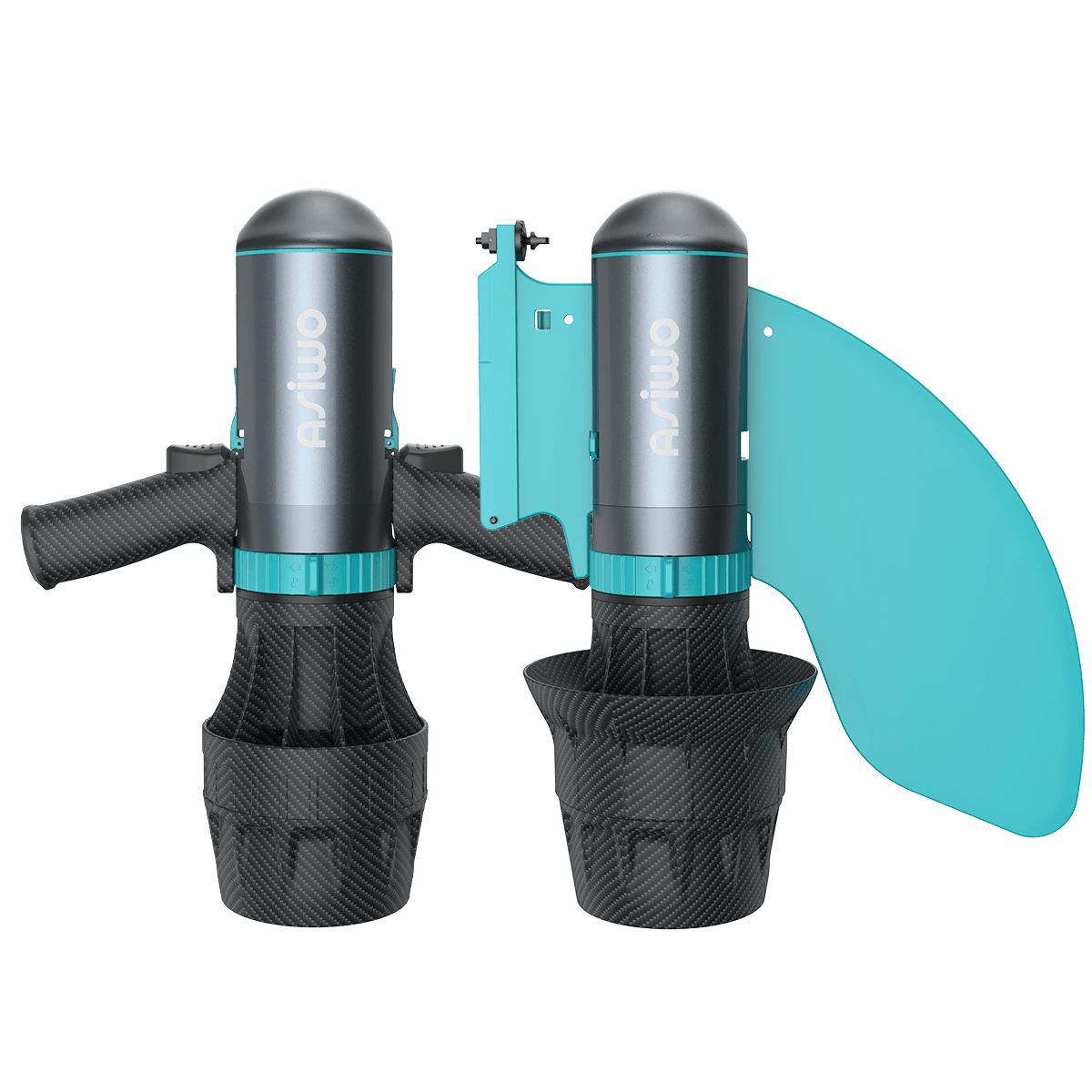




Dejar un comentario